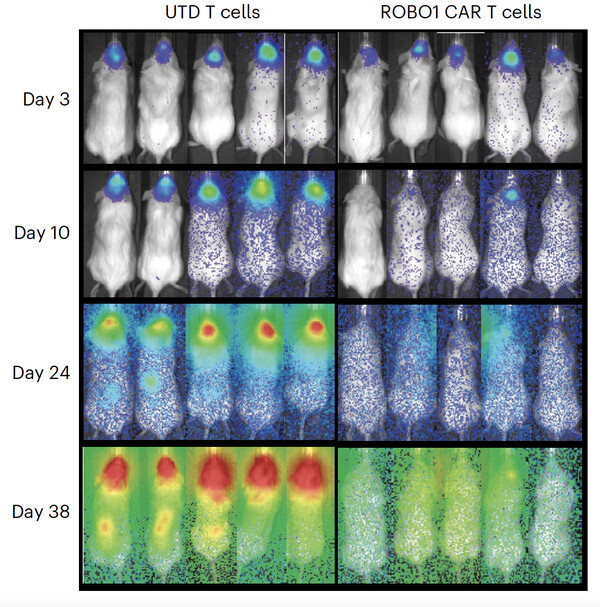Mobile Menu
- About
-
Research
- Biomedical Imaging
- Cancer Diagnosis & Therapy
- Cancer Mechanisms & Models
- Cardiovascular Sciences
- Data Science & Computational Biology
- Deep Learning & Artificial Intelligence
- Image-Guided Therapy & Device Development
- Neuroscience
- Stem Cells & Regenerative Medicine
- Structural Biology
- Research Facilities
- Faculty Directory
- Summer Student Program
- Graduate Studies
-
Current Students
- Important Dates and Deadlines
- Student Handbook, Module Booklet and Forms
- Awards and Scholarships
- Program Fees and Stipends
- Graduate Student Guidelines
- University of Toronto Policies
- Courses, Registration and Enrolment
- Graduate Student Seminars - MBP 1015Y
- MedTech Talent Accelerator
- Student Life
- MBP General Resources for Students
- Faculty & Staff
- Contact Us

